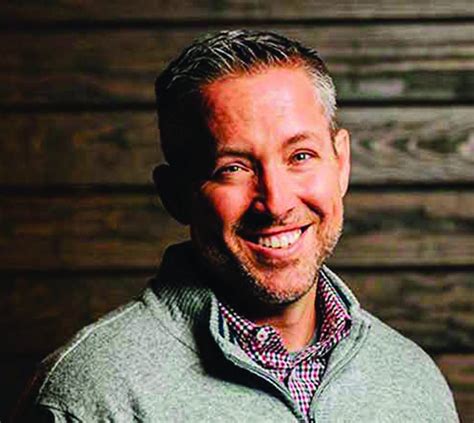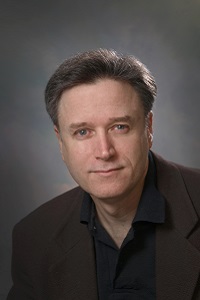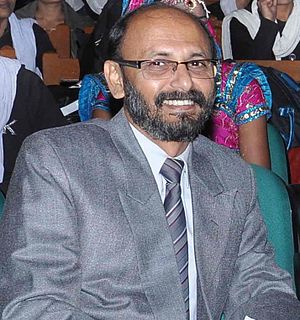A Quote by Johann Wolfgang von Goethe
The affairs of the world are no more than so much trickery, and a man who toils for money or honour or whatever else in deference to the wishes of others, rather than because his own desire or needs lead him to do so, will always be a fool.
Related Quotes
The gospel has done its work in us when we crave God more than we crave everything else in life - more than money, romance, family, health, fame - and when seeing His kingdom advance in the lives of others gives us more joy than anything we could own. When we see Jesus as greater than anything the world can offer, we'll gladly let everything else go to possess Him.
He is a wise man who seeks by every legitimate means to make all the money he can honestly, for money can do so many worthwhile things in this world, not merely for one's self but for others. But he is an unmitigated fool who imagines for a moment that it is more important to make the money than to make it honestly. One of the advantages of possessing money is that it facilitates one's independence and mental attitude. The man head over heels in debt is more slave than independent.
I judge a man by his actions with men, much more than by his declarations Godwards - When I find him to be envious, carping, spiteful, hating the successes of others, and complaining that the world has never done enough for him, I am apt to doubt whether his humility before God will atone for his want of manliness.
But I'd rather help than watch. I'd rather have a heart than a mind. I'd rather expose too much than too little. I'd rather say hello to strangers than be afraid of them. I would rather know all this about myself than have more money than I need. I'd rather have something to love than a way to impress you.
The ordinary man is living a very abnormal life, because his values are upside down. Money is more important than meditation; logic is more important than love; mind is more important than heart; power over others is more important than power over one's own being. Mundane things are more important than finding some treasures which death cannot destroy.
The abbot told me once that lying was a betrayal to one's self. It's evidence of self-loathing. You see, when you are so ashamed of your actions, thoughts, or intentions, you lie to hide it rather than accept yourself for who you really are. The idea of how others see you becomes more important than the reality of you. It's like when a man would rather die than be thought of as a coward. His life is not as important to him as his reputation. In the end, who is the braver? The man who dies rather than be thought of as a coward or the man who lives willing to face who he really is?
I've always told Will, 'You can do whatever you want as long as you can look at yourself in the mirror and be okay.' Because at the end of the day, Will is his own man. I'm here as his partner, but he is his own man. He has to decide who he wants to be, and that's not for me to do for him. Or vice versa.
The Scripture saith, The fool hath said in his heart, there is no God; it is not said, The fool hath thought in his heart; so as he rather saith it, by rote to himself, as that he would have, than that he can thoroughly believe it, or be persuaded of it....It appeareth in nothing more, that atheism is rather in the lip, than in the heart of man.
Since the social victim has been oppressed by society, he comes to feel that his individual life will be improved more by changes in society than by his own initiative. Without realizing it, he makes society rather than himself the agent of change. The power he finds in his victimization may lead him to collective action against society, but it also encourages passivity within the sphere of his personal life.
Whatever the country, capitalist or socialist, man was everywhere crushed by technology, made a stranger to his own work, imprisoned, forced into stupidity. The evil all arose from the fact that he had increased his needs rather than limited them; . . . As long as fresh needs continued to be created, so new frustrations would come into being. When had the decline begun? The day knowledge was preferred to wisdom and mere usefulness to beauty. . . . Only a moral revolution - not a social or political revolution - only a moral revolution would lead man back to his lost truth.
An impractical man--which he not only seems to be, but really is--will always be unreliable and unpredictable in his dealings with others. He will engage in actions that mean something else to him than to others, but he is at peace with himself about everything as long as he can make it all come together in a fine idea.
You know better than I that in a Republic talent is always suspect. A man attains an elevated position only when his mediocrity prevents him from being a threat to others. And for this reason a democracy is never governed by the most competent, but rather by those whose insignificance will not jeopardize anyone else's self-esteem.





































